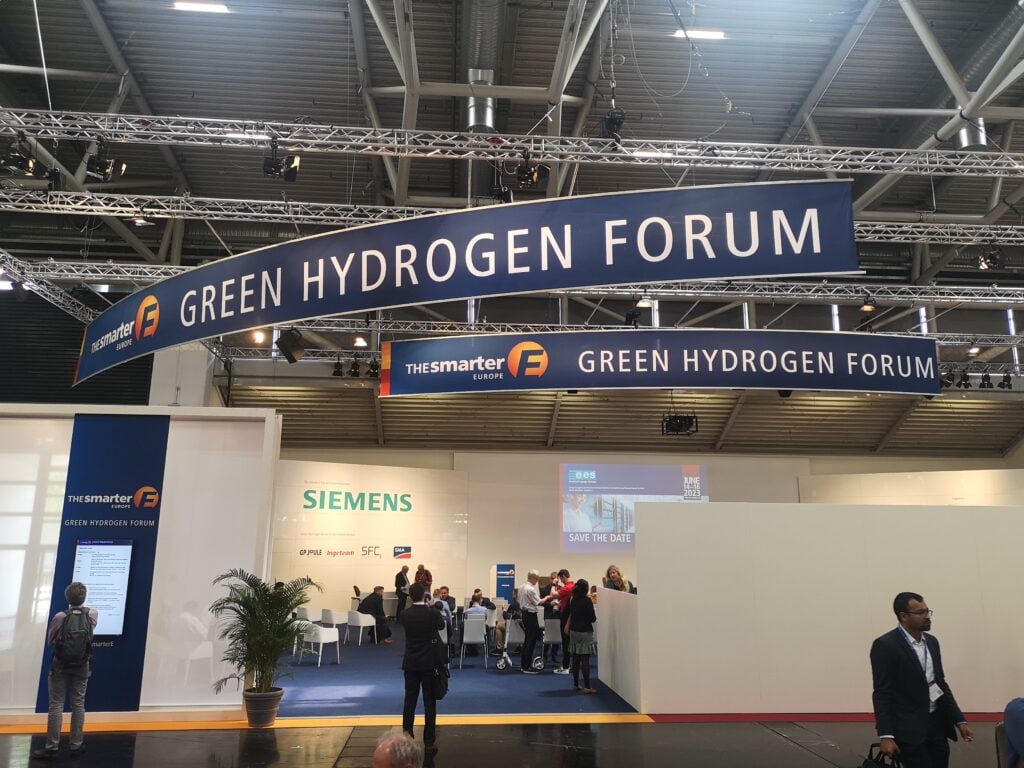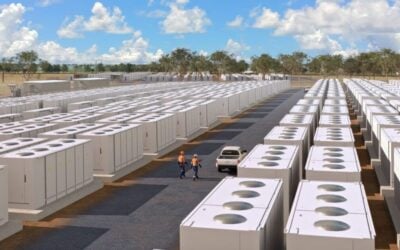
Buyers of energy storage solutions (ESS) in Germany do not yet see a need for flow batteries for medium duration storage, an ESS provider tells Energy-Storage.news, with many set on the potential of green hydrogen.
The German utility-scale and commercial & industrial energy storage market is a hot topic with the belief amongst many that it is set to take off after several years of stagnancy. But flow battery providers are unlikely to share in this growth anytime soon with lithium-ion and green hydrogen dominating the narrative, a Europe-based ESS technology provider said. The source spoke on condition of anonymity.
Enjoy 12 months of exclusive analysis
- Regular insight and analysis of the industry’s biggest developments
- In-depth interviews with the industry’s leading figures
- Annual digital subscription to the PV Tech Power journal
- Discounts on Solar Media’s portfolio of events, in-person and virtual
“Germany is quite captured in its belief of ‘everything hydrogen’ while other countries have a what I would call a more adult understanding of the technology. There is a very strong lobby for hydrogen and lithium and they don’t see anything in between, even though the market could be huge, with ‘Gridboosters’ (a virtual transmission project from transmission system operators) of a gigawatt,” they said.
“For short duration and grid services they think it can be done by lithium and whatever is long-duration they think can be done by hydrogen. They think they don’t need flow batteries. But the German market is still attractive, and maybe in three years or so they might turn around and say they do need them after all.”
Energy-Storage.news put this to Markus Rosenthal, head of policy and regulation at the German Energy Storage Assocation BVES who said the real market niche in Germany is between eight hours and two days’ duration, with the latter provided by green hydrogen.
He said: “I agree and disagree as it depends on which technology you are talking about. The key issue is the price, although we’ve seen some of our membership bring new solutions in this area making it cheaper.
“There’s no green hydrogen market right now but everyone sees the long-term opportunity it has to help to decarbonise which is what makes it so attractive, and the high gas prices are making the price difference between green, blue or grey hydrogen marginal.”






